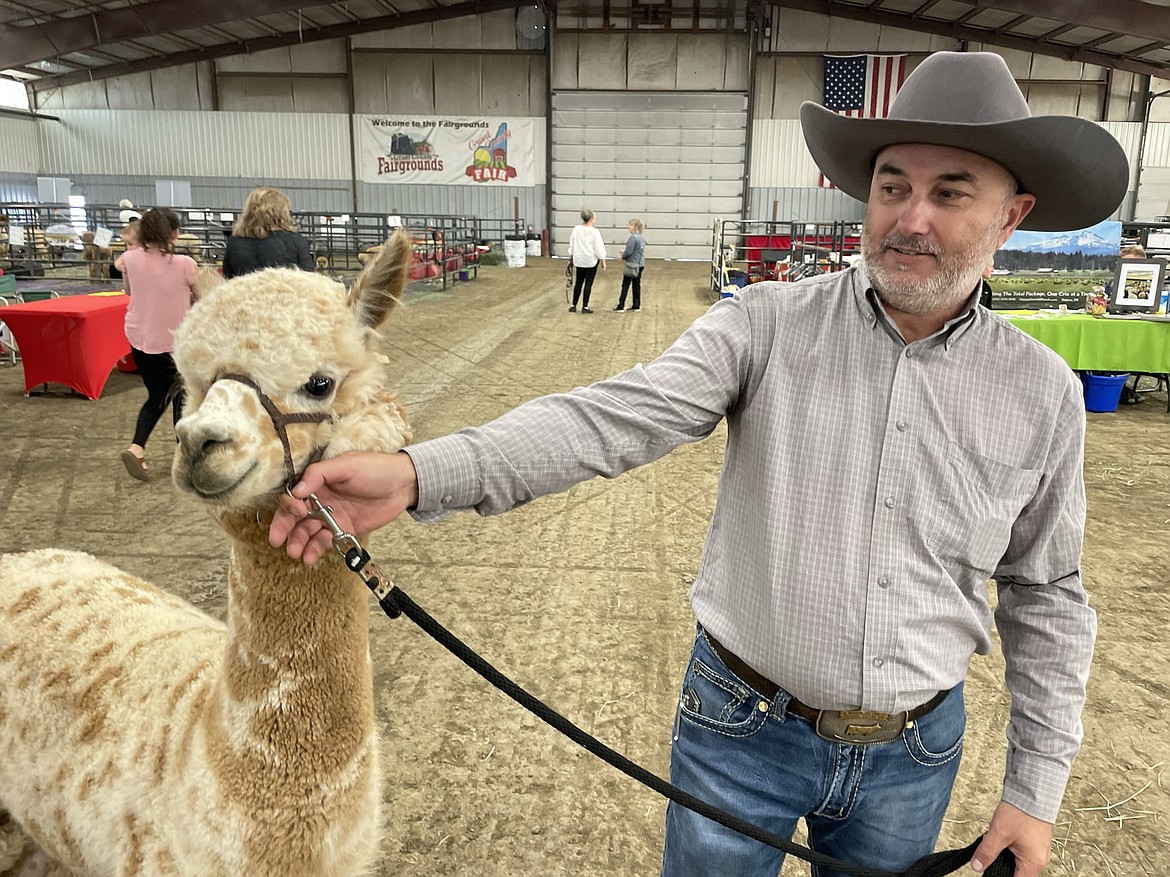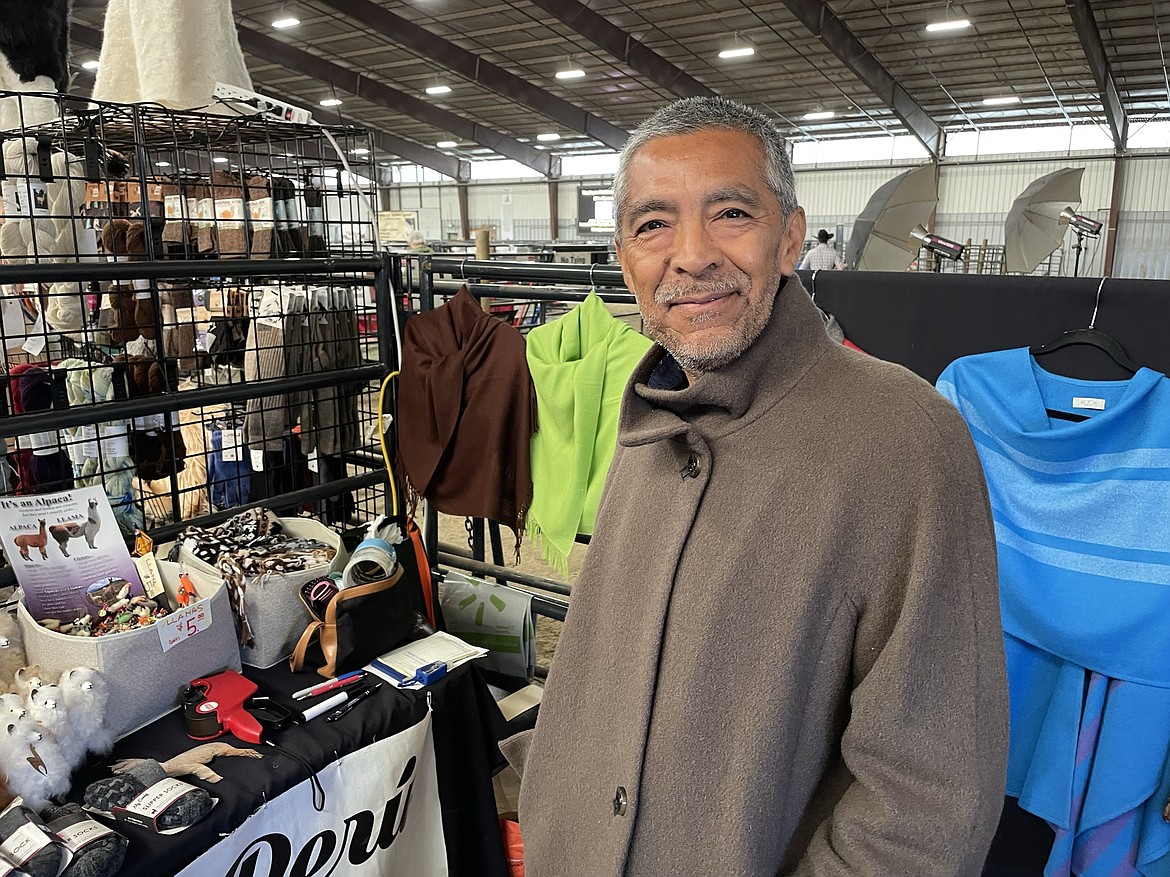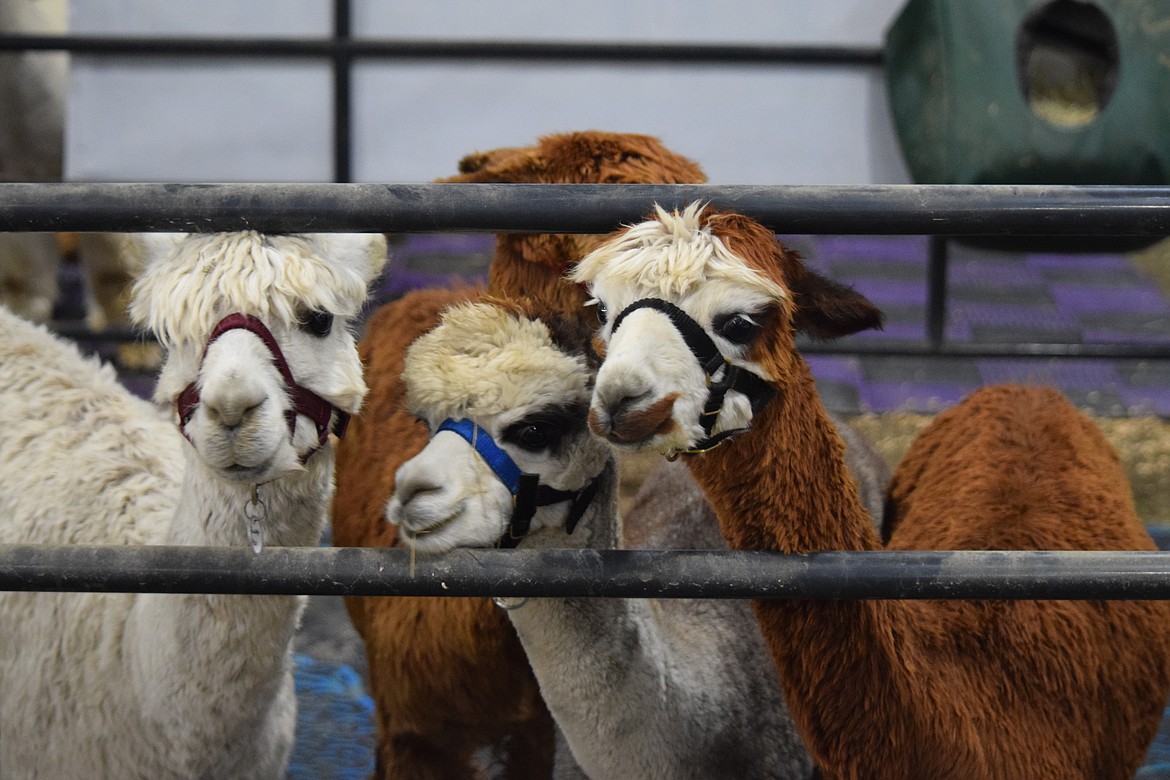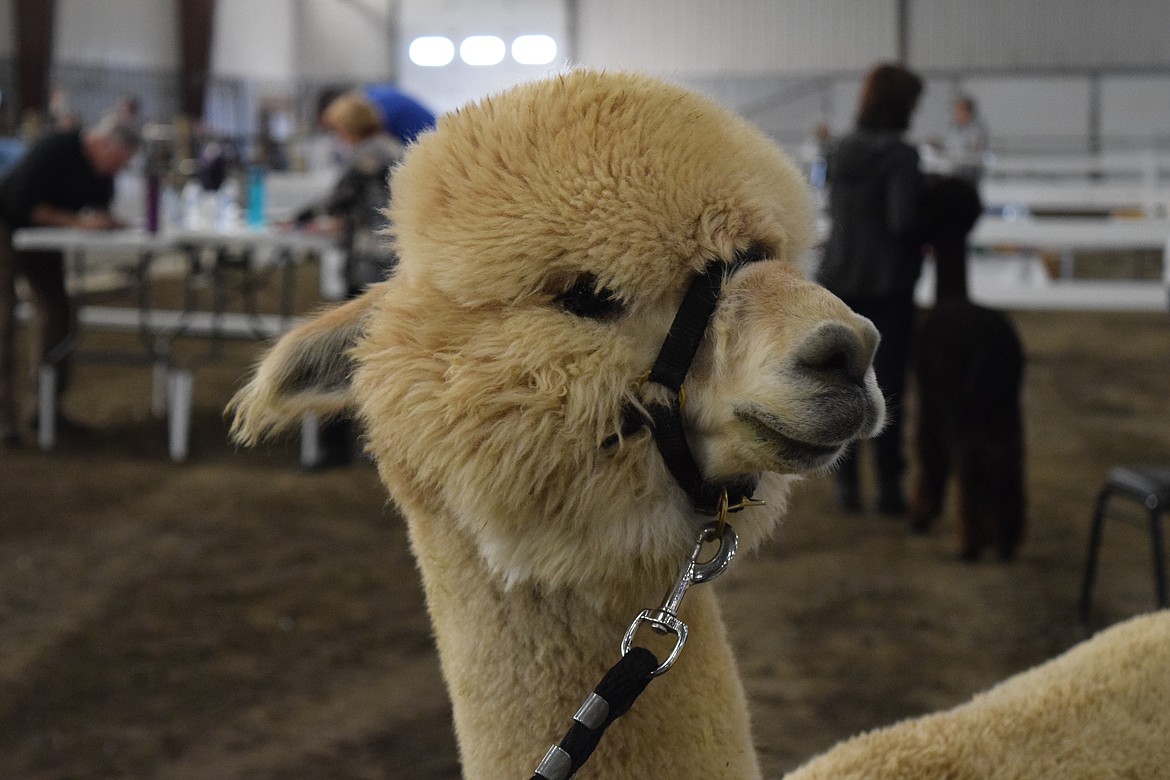Most excellent animals
|
October 13, 2022 1:25 AM
MOSES LAKE — It was, on the face of it, just another Saturday in which the sounds and smells of agriculture wafted from the Ardell Pavilion at the Grant County Fairgrounds.
Become a Subscriber!
You have read all of your free articles this month. Select a plan below to start your subscription today.
Already a subscriber? Login









